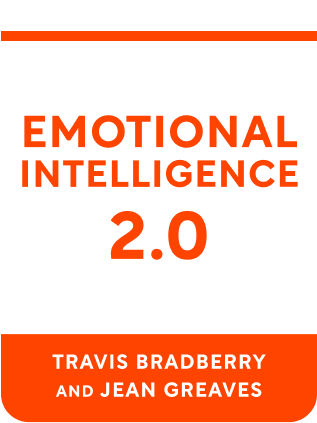

This article is an excerpt from the Shortform book guide to "Emotional Intelligence 2.0" by Travis Bradberry and Jean Greaves. Shortform has the world's best summaries and analyses of books you should be reading.
Like this article? Sign up for a free trial here .
Do you struggle to control your emotions when you are stressed? What are some strategies that can help you to stay calm and collected in stressful and emotionally-charged situations?
Expressing your emotions—as opposed to suppressing or holding back— is an important aspect of psychological health. When you are feeling stressed, however, it can be difficult to control your emotions and express them in a constructive way.
Keep reading for tips to control your emotions during stress.
4 Tips to Control Your Emotions During Stress
Tip #1: Focus on your breath. Your brain requires oxygen to function properly. Especially when stressed, people don’t breathe deeply enough throughout their day, robbing the brain of valuable oxygen. When the brain lacks oxygen, it prioritizes basic needs (such as touch or sight) over complex processes (such as thought or emotion). When you take deep breaths, your rational brain engages and your body calms down.
Tip #2: Count to ten. When you feel yourself getting frustrated, breathe and count to ten. This gives your body a chance to calm down and your brain a moment to develop a rational outlook on the situation. Without this moment to calm down, emotions often dictate your behavior, leading to biting remarks that can incite arguments.
In situations where you can’t reasonably stay silent for ten seconds straight (a one-on-one meeting or discussion), find subtle ways to give yourself a moment to breathe. For example, you could bring a beverage to the meeting. When you feel emotions begin to rise, drink your beverage and begin to count. Taking a moment or two to collect your thoughts allows you to more effectively assess your surroundings and lets you think before you speak.
Tip #3: Take time before you respond. Patience is a key factor to staying in control of your emotions and making rational decisions. If you respond to emotionally charged situations too quickly, emotions can become the driving force behind your words. Step away from the situation for a while before responding, ideally a day or longer. This gives you a clearer perspective on the situation, allowing you to make logical choices instead of emotional ones.
Tip #4: Stay in control of your body language. When you are in control of your emotions, your body language will remain calm and collected, reflecting your control of the situation. When your emotions begin to take the reins, you lose control over your body language. When you find yourself beginning to lose control, turn your focus away from your emotional state and towards the task at hand.
If you notice that you think you’re feeling one way, but your body is indicating a different emotion, take a moment to investigate why your body is reacting the way that it is. Is something in your surroundings stressing you out? Did someone enter the room that you can’t stand? Once you understand why your body is reacting the way that it is, you can better align your emotions with your body language.

———End of Preview———
Like what you just read? Read the rest of the world's best book summary and analysis of Travis Bradberry and Jean Greaves's "Emotional Intelligence 2.0" at Shortform .
Here's what you'll find in our full Emotional Intelligence 2.0 summary :
- What emotional intelligence is and why it's essential for your workplace success
- The 4 reasons you need to work on your EQ
- How you can use EQ to better manage relationships






